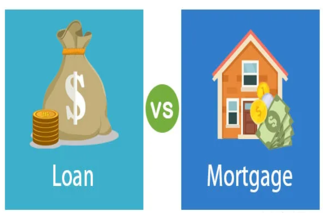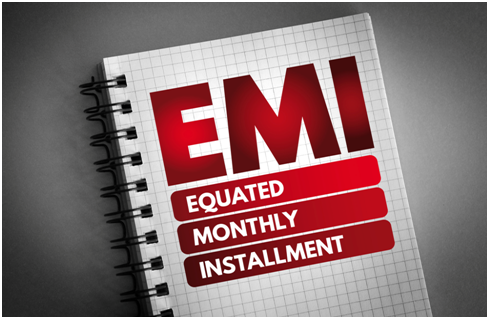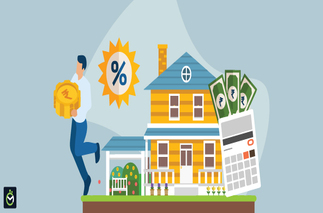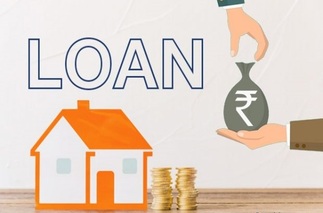
Mortgages are a sort of loan that can be used to buy or keep up a house, land, or another piece of real estate. The borrower agrees to make periodic payments to the lender, usually in the form of a series of regular installments that are split into principal and interest. The property then acts as security for the loan.
Applying for a mortgage requires a borrower to make sure they meet several standards, including minimum credit ratings and down payments. Before closing, mortgage applications go through a thorough underwriting procedure. The borrower’s needs will determine the different mortgage options, such as fixed-rate and conventional loans.
How Mortgages Work
Mortgages are a financing option that both private individuals and commercial entities utilize to purchase real estate. During a predetermined period, the borrower repays the loan amount plus interest until they have complete ownership of the property. The majority of conventional mortgages amortize completely. The regular payment amount will remain the same, but for the loan, varying amounts of principal and interest will be paid with each payment. The typical length of a mortgage is 30 or 15 years.
Mortgages are also referred to as claims on property or liens against it. The lender may foreclose on the property if the borrower fails to make mortgage payments.
For example, a residential homebuyer pledges their house to their lender, which then has a claim on the property. This ensures the lender’s interest in the property should the buyer default on their financial obligation. In the case of a foreclosure, the lender may evict the residents, sell the property, and use the money from the sale to pay off the mortgage debt.
The Mortgage Process
Interested parties start the process by applying to one or more mortgage lenders. The borrower’s ability to repay the loan will be verified by the lender. This could consist of recent tax returns, bank and investment statements, and proof of work. Usually, the lender will also perform a credit check.
The lender will present the borrower with a loan up to a specific amount with a specific interest rate if the application is accepted. Pre-approval, often known as applying for a mortgage, is a process that homebuyers can use whether they have already decided on a property to purchase or are still looking. In a competitive home market, pre-approval for a mortgage might provide buyers an advantage because sellers will know they have the funds to support their offer.
When a buyer and seller have reached an agreement on the terms of the transaction, they or their agents will meet at closing. The borrower pays the lender their initial down payment at this time. The buyer will sign any remaining mortgage agreements, and the seller will transfer possession of the property to the buyer and receive the agreed-upon amount of money. At the closing, the lender may levy costs for originating the loan (sometimes in the form of points).
You can receive a secured loan, such as a mortgage loan or a loan against property, by using any home or business space you possess as collateral. Nowadays, loans secured by properties account for about 23% of all business loans. Generally, you get a loan equal to a percentage of your property’s market worth. Mortgages have a significant impact on your CIBIL score because these loans might have very high maximum amounts.
They have the power to either raise or lower your credit score. You should do every effort to ensure that your CIBIL score stays strong because it serves as the determining factor for how much credit you can obtain from lenders. To achieve this, learn the 5 ways that a mortgage loan affects your CIBIL score.

BEST TIPS TO GET LOWEST HOME LOAN INTEREST RATES

THINGS TO REMEMBER BEFORE TAKING A LOAN AGAINST PROPERTY

TOP 10 THINGS YOU SHOULD KNOW WHEN TAKING A HOME LOAN
.png)
HOME LOANS – MYTHS VS FACTS

TOP 5 THINGS YOU NEED TO KNOW ABOUT YOUR HOME LOAN EMI

COMMON PROBLEMS FACED BY HOME LOAN BORROWERS IN GETTING A HOME LOAN

SHOULD YOU GET A LOAN AGAINST THE PROPERTY FOR MEDICAL EXPENSES?

ARE YOU READY TO BUY A HOME THIS YEAR?

TIPS FOR A HIGHER LOAN AMOUNT